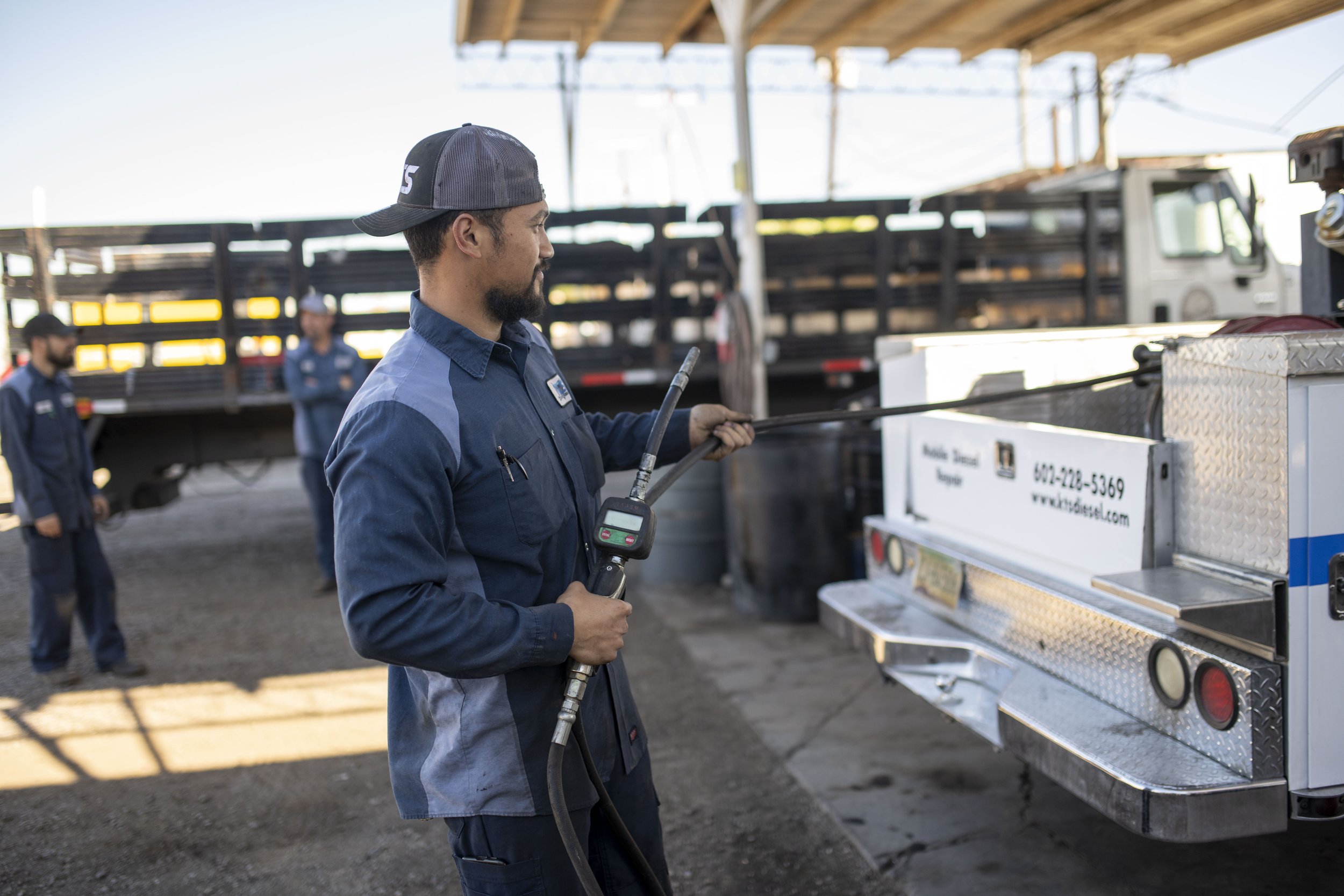The Importance of Regular Lube and Oil Changes for Diesel Vehicles
Regular oil changes are crucial for diesel engines to prevent soot buildup, sludge formation, and clogging, ensuring optimal engine performance.
Regular maintenance of diesel vehicles, including timely oil and lube changes, is essential to further their longevity and performance. Diesel engines are known for their durability and efficiency, but like any engine, they require consistent care to maintain these qualities. The lubrication system in diesel engines minimizes wear and tear, protects against corrosion, and helps the engine operate smoothly under various conditions.
Protection
Oil serves several vital functions in diesel engines. It lubricates moving parts, reducing the friction that can cause excessive wear and overheating. Oil also helps clean the engine by capturing dirt and debris in the system. These contaminants are then carried away from critical components and trapped in the oil filter. Over time, oil breaks down and is less effective. Its viscosity decreases, and it can no longer provide the same level of protection and efficiency.
Cleaning
Moreover, oil changes are crucial because diesel engines produce higher levels of soot and combustion byproducts than gasoline engines. These byproducts can accumulate in the oil, increasing acidity and leading to sludge formation. This buildup can clog the oil filter and passageways within the engine, leading to reduced oil flow and increased wear on engine components. Regular oil changes prevent the accumulation of these harmful deposits and ensure the engine continues to function optimally.
Lubrication
The lubrication system itself also requires attention beyond just changing the oil. Different points on a diesel engine need regular lubrication to function correctly. Components such as the turbocharger, which may run at high speeds, rely heavily on consistent, high-quality lubrication to operate effectively. Without it, these components are prone to failure, which results in costly repairs and vehicle downtime.
Oil type
Using the correct type of oil is of utmost importance for diesel engines. Diesel-specific oils are formulated to handle the unique demands of diesel engines, including higher operating temperatures and increased levels of soot and acids. These oils often contain more detergents and dispersants to effectively manage soot and other contaminants. Using the wrong oil often leads to inadequate protection and potentially severe engine damage.
Regular maintenance
The frequency of oil and lube changes varies; factors include vehicle's make and make, the type of oil used, and the conditions under which the vehicle is operated. For example, vehicles used in harsh environments or for heavy towing may require more frequent changes. Most manufacturers provide a recommended maintenance schedule, but monitoring the vehicle's performance and condition is wise to determine if more frequent maintenance is necessary.
Fuel efficiency
Regular maintenance, including oil and lube changes, is about more than just protecting the vehicle. It also enhances fuel efficiency. A well-lubricated engine experiences less friction, so it uses fuel more efficiently. Moreover, maintaining a clean engine with fresh oil minimizes the energy expended on overcoming internal resistance, further improving fuel economy.
The importance of regular lube and oil changes in diesel vehicles cannot be overstated. This routine maintenance keeps engines running smoothly, extends their lifespan, prevents costly repairs, and enhances fuel efficiency. Vehicle owners should adhere to the recommended maintenance schedule and consult professionals when selecting the appropriate products for their vehicle needs. Through diligent care and regular maintenance, the reliability and efficiency of diesel vehicles can be preserved over many years of service.
KTS Enterprise in Phoenix offers comprehensive mobile fleet truck repairs catering to client needs, from preventative service to major repairs. We offer mobile and in-shop repair, lube and oil changes, annual dot and bit inspections, check engine and dash lights, suspension repairs, drivetrain repairs, and tire solutions.

